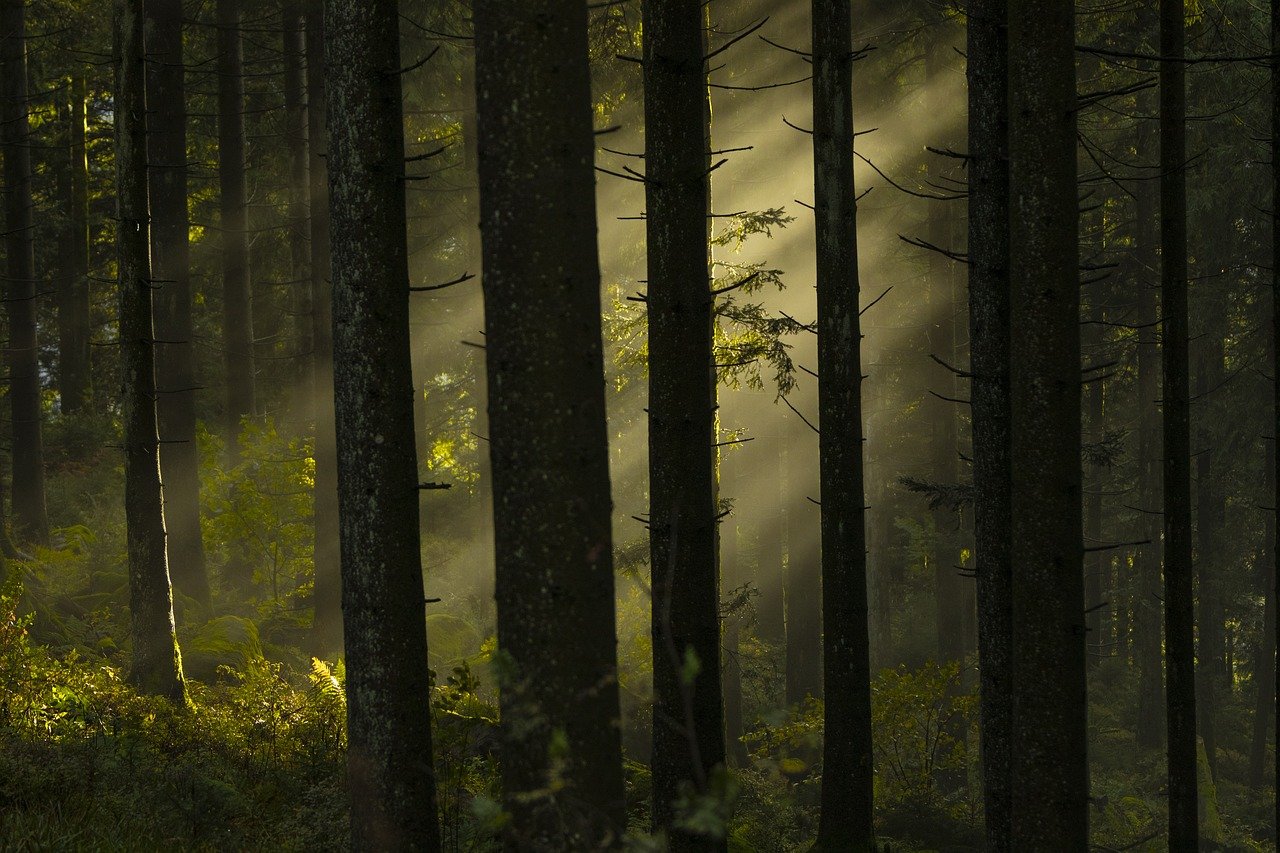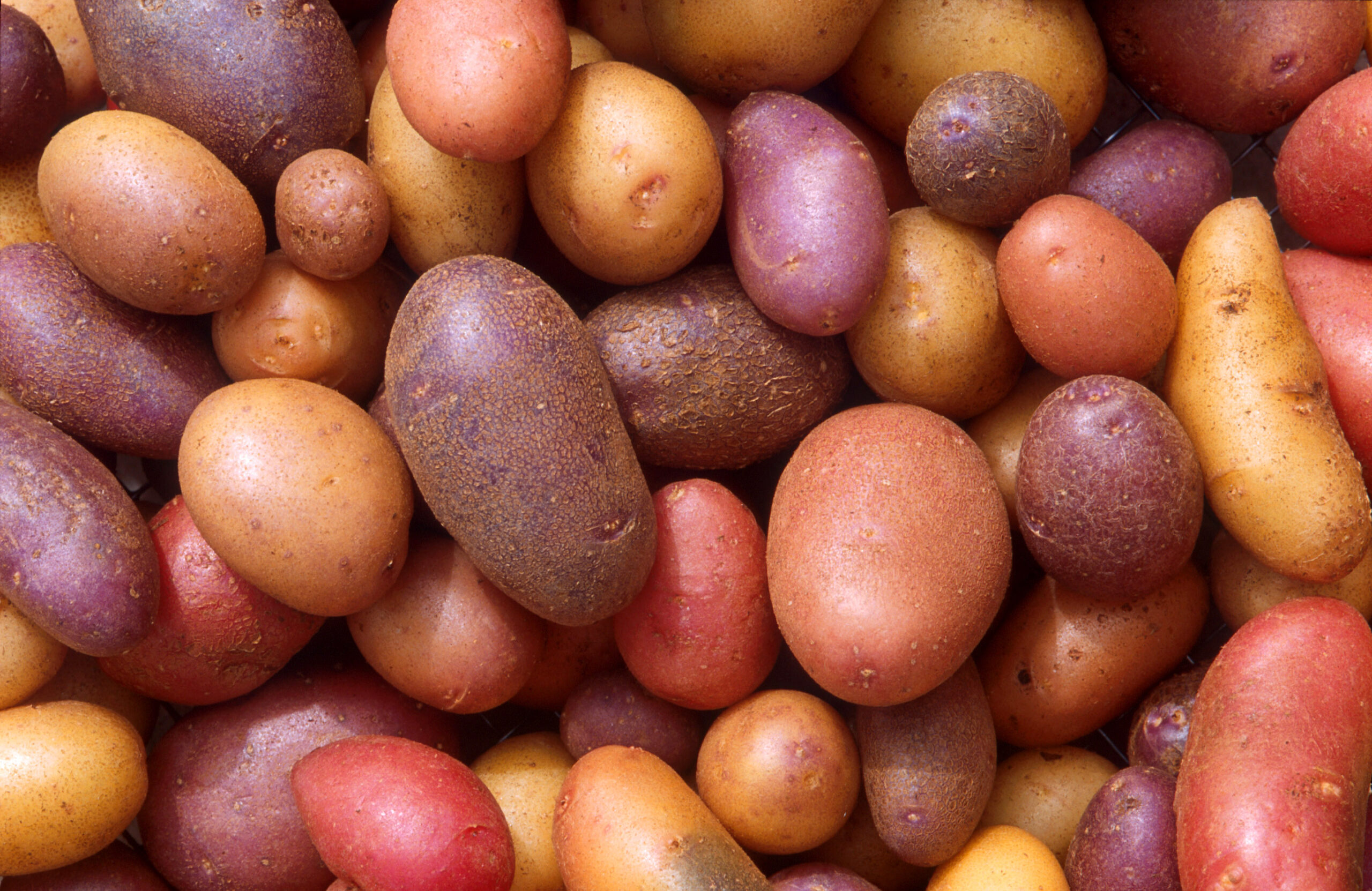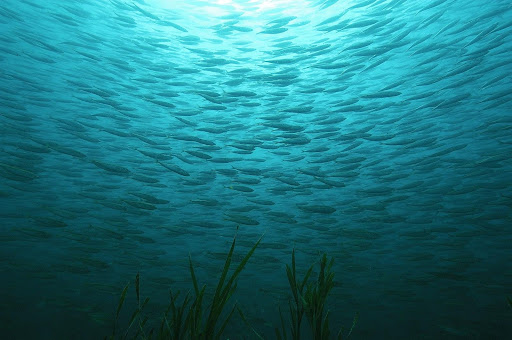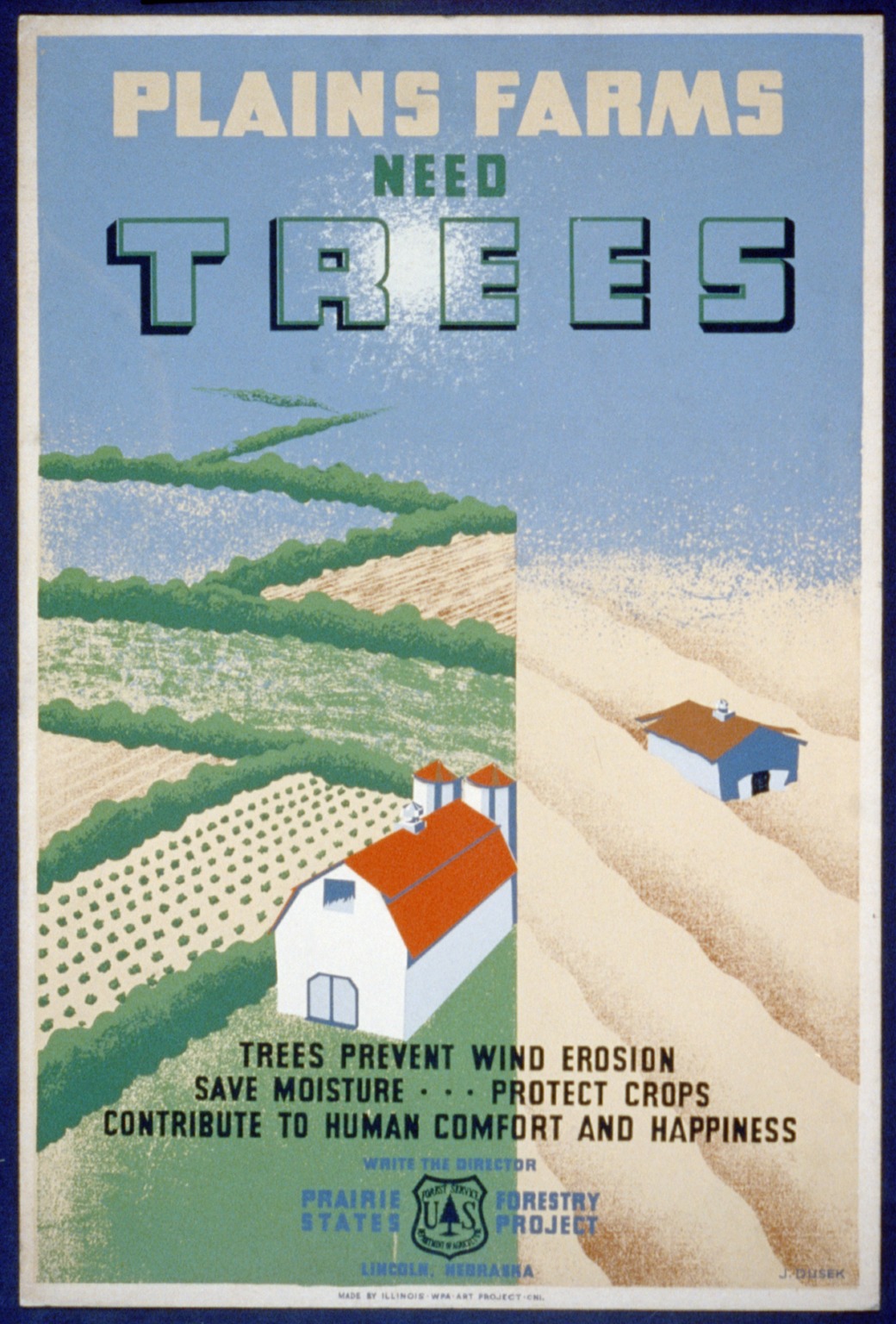
A Sugary Solution to Sustainable Innovation
Before it was mixed into your morning coffee, sugar had deep roots— literally. Unlike humans who rely on food for energy, plants can’t eat food to grow. Instead, plants have to make their own food in the form of sugar. If you’ve ever baked cookies or added sugar to your coffee, you’ve likely used table











